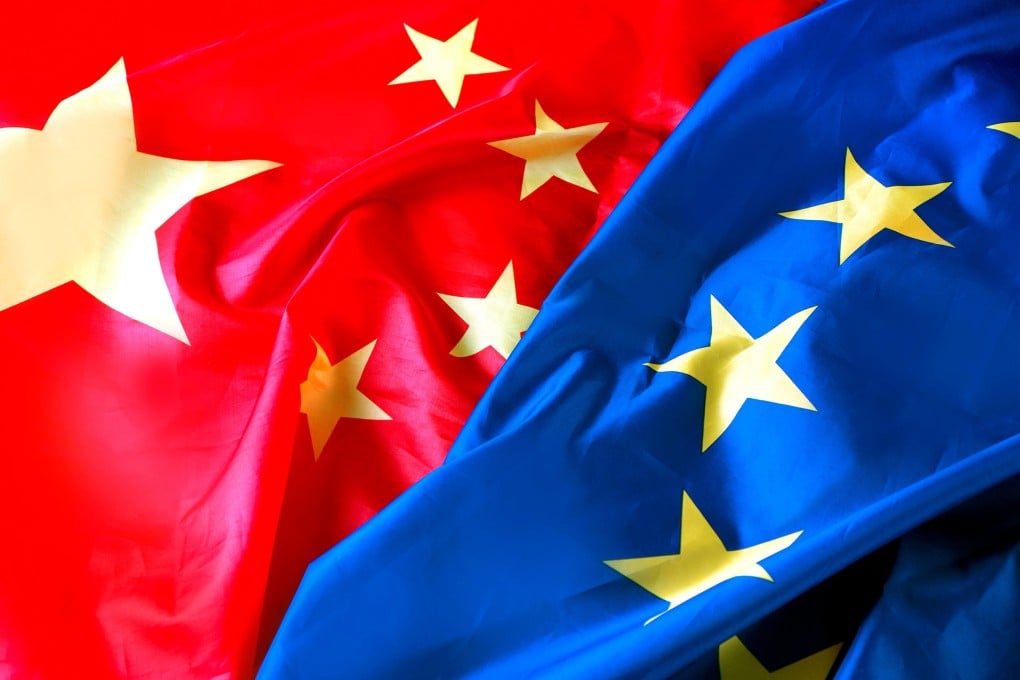My Take | Myth of Western unity against China is rapidly unravelling
- European leaders show an increasing readiness to pursue a more independent policy as opposed to blindly following Washington

That much-touted Western unity is proving to be short-lived. While it may be true the Anglo-American sphere – Britain, Australia and Canada – is under the firm grip of Washington, the Europeans are having serious second thoughts. And it’s not just Germany and France, but the other heavyweights within the European Union outside the Baltics and central Europe.
Leaving aside Russia’s nasty war in Ukraine, it’s China they all have to decide whether to live with or live without. Consider Olaf Scholz’s visit to China. The German chancellor made a head start before US President Joe Biden and other Western leaders who chose to use the Group of 20 summit in Bali, Indonesia, this month to re-engage with Beijing. Scholz went with such German heavyweights as BMW, Volkswagen, Siemens and BASF.
BMW chairman Oliver Zipse told Xinhua: “This visit sends a strong signal towards reinforcing economic cooperation between China and Germany.”
Scholz’s Germany-first approach showed political courage as it had provoked his own coalition government partners. Robert Habeck, his minister of economic affairs and climate action, and Foreign Minister Annalena Baerbock, both of the Green party (Alliance 90/The Greens), claim to have “no more naivety” about China and resisting its “blackmail”. What blackmail?
In their view, Germany is “increasing our dependence on China”. No, that’s called economic interdependence! Sure, we can all go back to autarky, and kill globalisation and world trade. No doubt that would accord well with the ideology of Green parties all over Europe. But who’s being naive?
The investment of China’s Cosco in the Hamburg port is a case in point. It ultimately went ahead despite objections from no less than six ministers in Scholz’s coalition government. To be sure, it has had to scale back on its ownership but Scholz’s statesmanship managed a reasonable compromise from all sides.

